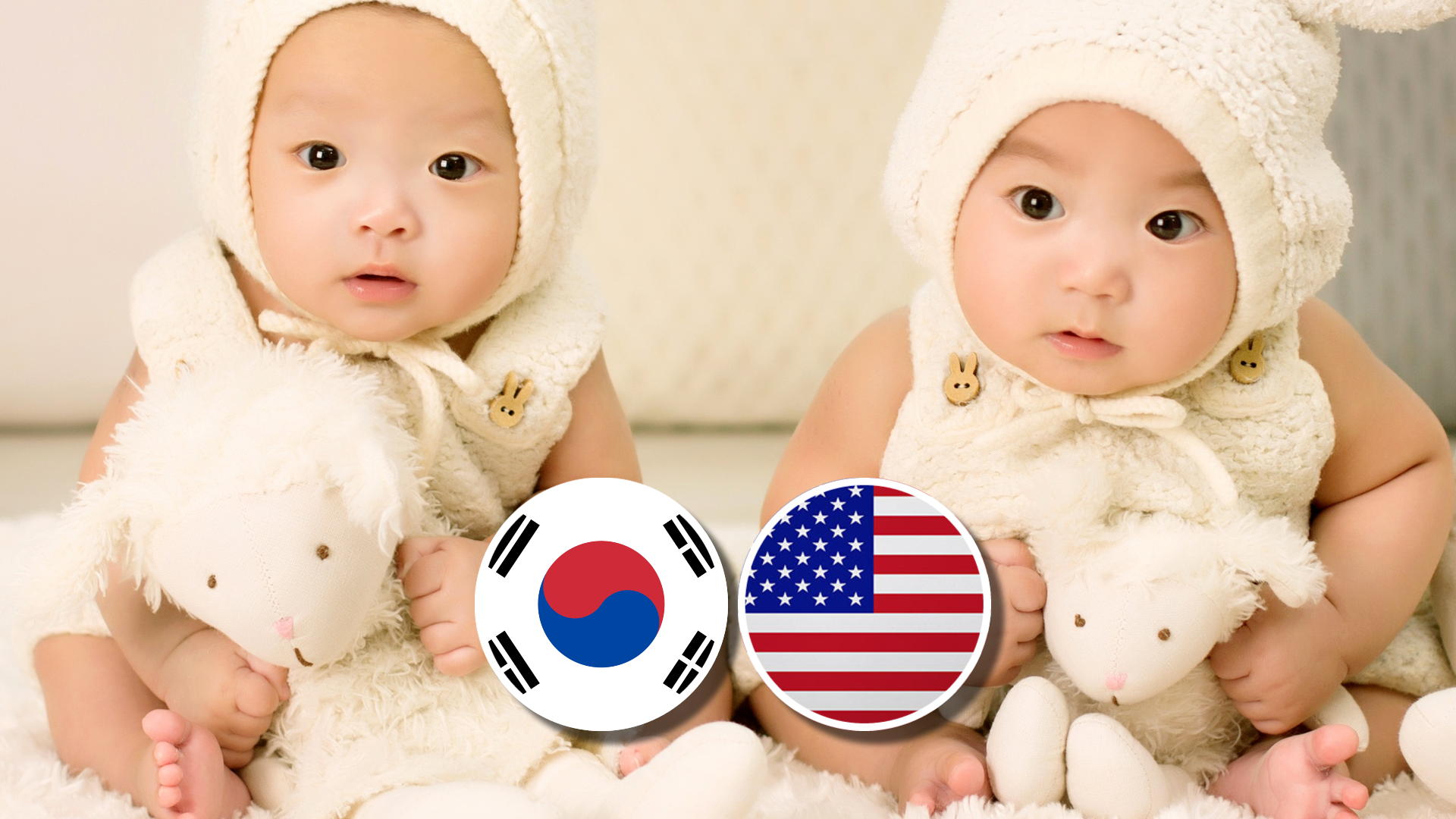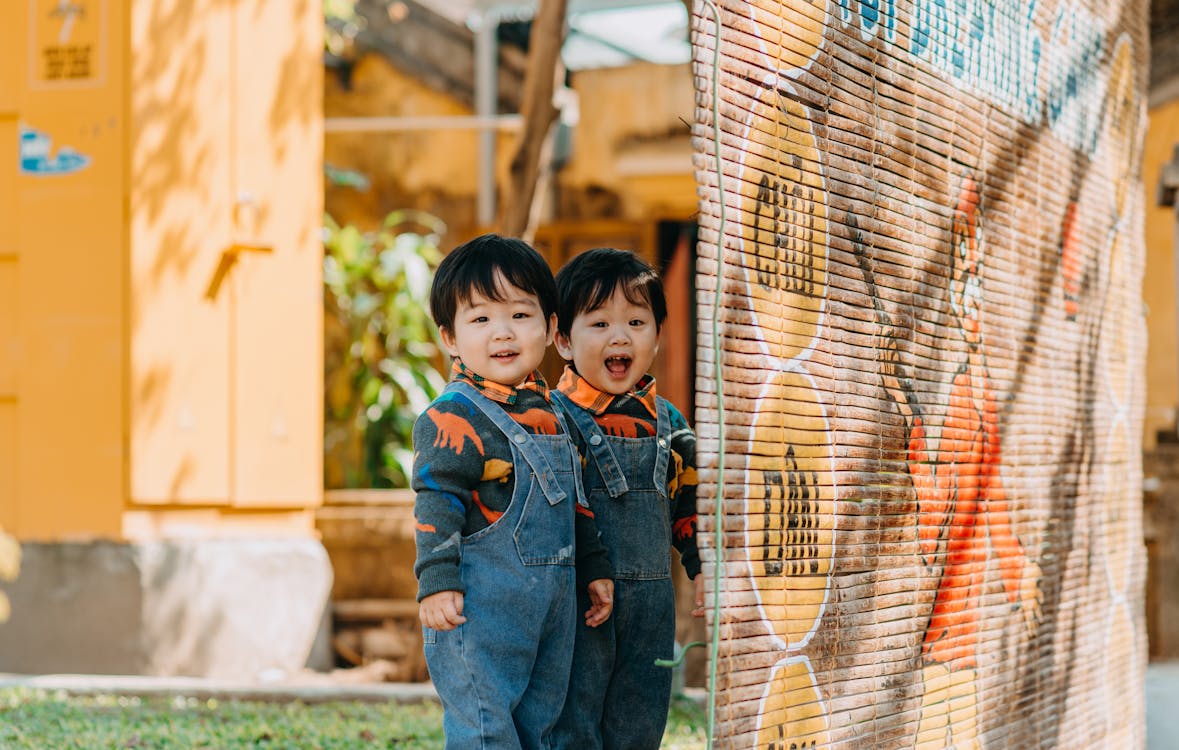Science & Tech
Separated Identical Twins Raised Apart in Different Countries Have Large IQ Difference

What factors contribute to our academic success or our personality? This brings us to the age-old issue over “nature versus nurture.” Everyone agrees that education and upbringing play crucial roles in the creation of healthy adult humans, and that the quality of those experiences — or the absence thereof — has been proven to be a consistent predictor of success in later life.
Back in 1976, a two-year-old child was discovered by herself in a market in Seoul, South Korea, seemingly missing her parents. She was rushed to the hospital, where she was diagnosed with measles. Because she could not be identified, despite her parents’ appearance on a television program about missing persons, the young girl was put in the foster care system and then adopted by an American couple who brought her up in the United States of America. Only decades later, as an adult, would the woman discover that she had an identical twin sister — and that the two are shockingly different in a variety of ways, according to a recent study conducted by researchers.

During her childhood in the United States, the adoptive twin was completely ignorant that she had any siblings until she submitted her DNA to South Korea’s program for reconnecting family members in 2018. It wasn’t until two years later that she found out she not only had an identical twin, but also an older brother and sister as well.
The findings, which was published in the Personality and Individual Differences, is in direct opposition to prior research on monozygotic twins, which found an average IQ difference of no higher than seven points between the two siblings. In response to the unusually wide gap that exists between the two sisters.
According to the results of the tests, the adoptive twin had an IQ that was a massive 16 points lower than her long-lost sibling who was raised in Korea. While researchers are unsure of what caused the dramatic IQ difference, the study did observe that the adopted twin had a more turbulent childhood than her sister, who had been raised within her original family, according to the researchers.
At California State University-Fulerton, Nancy L. Segal, a professor and director of the Twin Studies Center, evaluated each twin’s familial environment, personality traits, world views and value system, medical history, and other characteristics like a general intellect and mental health.
Through their inquiry, Segal and colleagues discovered that the South Korean twin had grown up in a loving and supportive familial environment. Her adoptive sister was not abandoned; rather, her absence was the result of her grandmother’s carelessness, resulting in her being lost at the market that day. Meanwhile, the sister who grew up in the United States was reared by a family that was stricter and more religiously oriented, which resulted in greater tensio and and more conflict within the household.
According to the findings of the research, it was especially noteworthy that the twins were both very conscientious, which means they were well-organized and adamant about achieving success. T he adoptive twin had similar characteristics despite her tougher upbringing, demonstrating the significance that genetics is assumed to have in shaping an individual’s personality.
Typos, corrections and/or news tips? Email us at Contact@TheMindUnleashed.com
